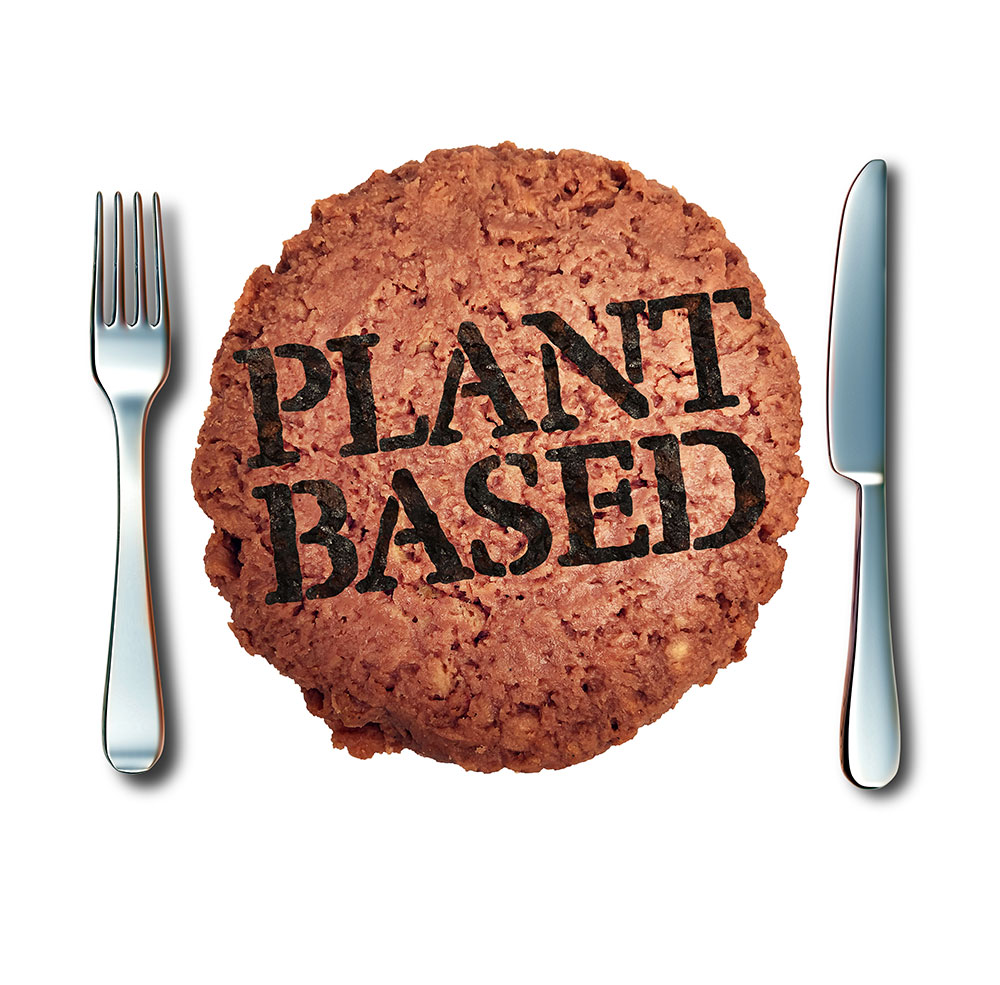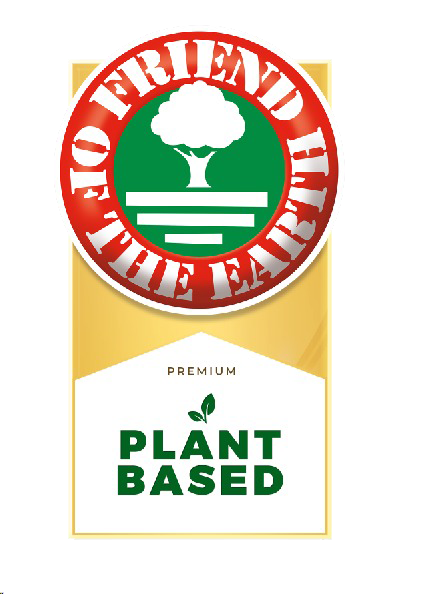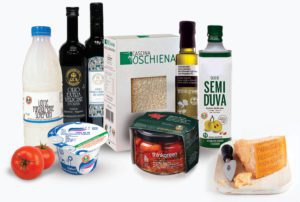Plant Based Meat
Meat is one of the largest retail category in the world who provide large source of animal protein. Plant-based meat segment have opened another era of supplying proteins globally by also concentrating on major view to reduce the impact on environment drastically.
Plant-based meat in retail is a $939 million category. More than 208 million units of plant-based meat were sold in 2019, and plant-based meat accounts for 2% of all dollar sales for retail packaged meat and approximately 1% of the entire meat category (Adapted from Good Food Institute). People are becoming more and more aware about consumption of sustainable meat and this trend is on increasing mode particularly since COVID-19 outbreak from year 2020. To provide a source of protein to billions of people without impacting an environment is a task and alternative protein segment has that capacity to fulfil the protein rich food consumption need of the people globally. To support the plant-based meat segment, an alignment with scientists, private manufacturers, entrepreneurs, retailers, food companies, policy experts, NGOs and governments will pave the long way for the sustainable development in coming years.


The demand for consumption of meat will not be reducing in future however having an option of sustainably produced alternative source of meat will suffice the demand in some way by reducing the pressure on an environment. This segment is also providing an opportunity to the vegetarian people who would like to taste the food products similar to original meat but not by animal origin. The new class of “flexitarian” have been developed in recent years who inspired with emergence and availability of plant-based meat which is helping companies, starts-ups to do their research work thoroughly for further innovations.
The thought behind launch of Golden Friend of the Earth standard is to provide a systematic, organized, scientific way of producing plant-based meat by taking into considerations all best possible parameters available which lead to sustainable production of plant-based meat which will also contribute in reducing the impact on global environment. The standard is fully equipped with social and environmental management system, ecosystem preservation, wild flora protection, waste management, energy management and such appropriate requirements.
Requirements
The requirements for companies to meet in order to obtain Friend of the Earth certification for sustainable plant-based meat include:
- A well organised environmental management procedure
- A system to protect the ecosystem, with implementation of areas dedicated to the conservation of wild flora and fauna
- The reduction in the use of chemically synthetic substances according to the principles of organic or integrated agriculture
- Biological control, the rational use of water resources
- Minimization of mechanical operations on the ground and its compaction
- The use of energy from renewable resources
- Control and monitor gas emissions, greenhouse effect and the implementation of the systems to reduce them
- Social responsibility

Technical Documents
Our need for reliable protein sources is growing along with the world’s population. Meat is considered an excellent source of high biological value protein, but it is not sustainable. We are seeing a radical shift towards a diet with reduced meat consumption and this demands healthy and tasty plant-based meat-free food products.
What are plant based meats?
Plant-based meats are products made from plant materials that are designed to look, taste and smell like meat and can be made from a variety of plant based alternative protein sources such as pulses, wheat gluten and soy protein. These products mimic the natural qualities of meat in texture, flavour and appearance and also in their nutritional value. There are 2 types of plant-based meat – whole muscle meat, which is designed to resemble a steak or chicken breast, and restructured meat, for example products such as burgers, sausages and ground or minced meat.
What are the benefits of plant-based meats?
There are many negative health effects associated with a high meat consumption. Vegetable protein sources however have numerous health benefits, for examples helping to reduce cardiovascular disease, and also many possess anticancer, anti-inflammatory and immune activity.
In addition there are environmental benefits; animal food production is amongst the most impactful of environmental activities and is responsible for 30% of the world’s greenhouse gas emissions and around 70–85% of the global water footprint.
Socioeconomic issues, such as food security, deforestation, pollution are also becoming of great concern and more and more consumers are looking for sustainable foods and environmentally friendly production methods, motivating consumers to adopt a vegetarian diet or to reduce their weekly meat consumption.
The idea behind the launch of the Golden Friend of the Earth standard was to provide a systematic, organized and scientific way of producing plant-based meat, taking into consideration all the best possible parameters available leading to the sustainable production of plant-based meat which will also contribute to reducing the impact on the global environment.
As a first step you need to download, compile and return to info@friendoftheearth.org the preliminary information Questionnaire (PIF):
- The PIF does not oblige the applying company to commit to proceeding with the audit phase.
- Any checks before the audit are free of charge.
- All information will be kept strictly confidential.




